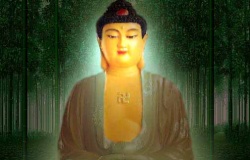Charvakas
Cārvāka (Sanskrit: चार्वाक) is a system of Indian philosophy that assumes various forms of philosophical skepticism and religious indifference.It is also known as Lokāyata. It is named after its founder, Cārvāka, author of the Bārhaspatya-sūtras.
In overviews of Indian philosophy, Cārvāka is classified as a “heterodox” (nāstika) system, the same classification as is given to Buddhism and Jainism. It is characterized as a materialistic and atheistic school of thought. While this branch of Indian philosophy is not considered to be part of the six orthodox schools of Hindu philosophy, it is noteworthy as evidence of a materialistic movement within Hinduism.
The name Lokāyata can be traced to Kautilya’s Arthashastra, which refers to three ānvīkṣikīs (logical philosophies), Yoga, Samkhya and Lokayata. Lokayata here still refers to logical debate (disputatio, “criticism”) in general and not to a materialist doctrine in particular. Similarly, Saddaniti and Buddhaghosa in the 5th century connect the “Lokayatas” with the Vitandas (sophists).
Only from about the 6th century is the term restricted to the school of the Lokyātikas. The name Cārvāka is first used in the 7th century by the philosopher Purandara, who refers to his fellow materialists as “the Cārvākas”, and it is used by the 8th century philosophers Kamalaśīla and Haribhadra. Shankara, on the other hand, always uses Lokāyata, not Cārvāka. The etymological meaning of the word Cārvāka is ‘a person who is clever in speech and is extremely fond of wrangling (debate)’.
